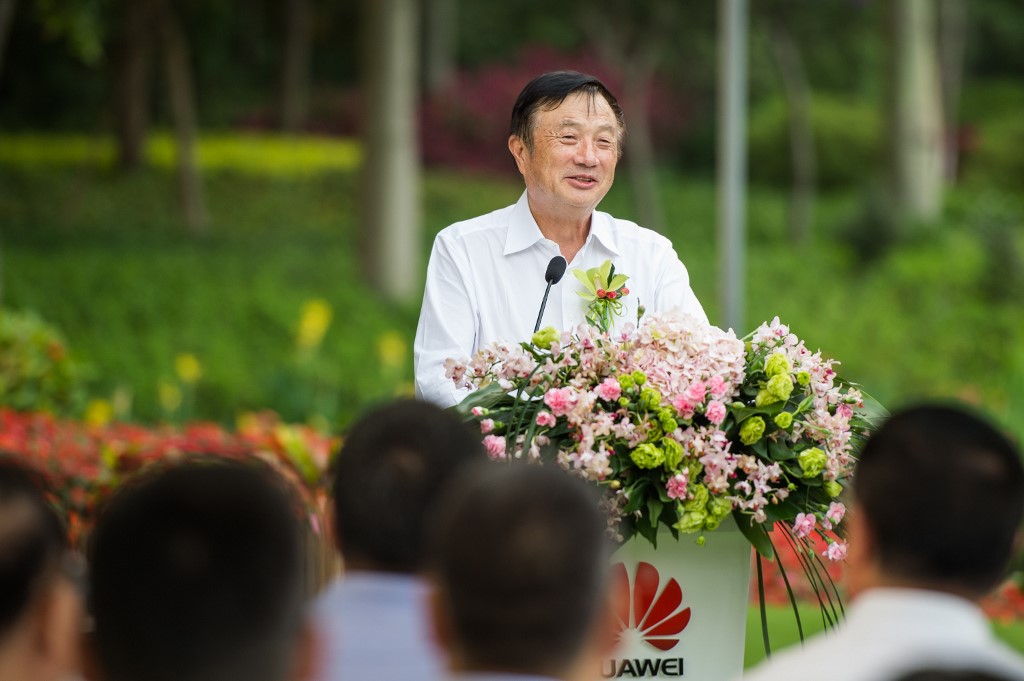(ATF) Huawei Technologies founder Ren Zhengfei has called on the company to pursue software innovation as the company seeks growth beyond the hardware operations that US sanctions have crippled – just as Washington lawmakers seek tougher curbs on the company.
An internal memo from Ren seen by Reuters is the clearest evidence yet of the company’s direction as it responds to the immense pressure sanctions have placed on the handset business that was at its core.
Ren said in the memo the company was focusing on software because future development in the field is fundamentally “outside of US control and we will have greater independence and autonomy”.
As it will be hard for Huawei to produce advanced hardware in the short-term, it should focus on building software ecosystems, such as its HarmonyOS operating system, its cloud AI system Mindspore, and other IT products, the note said.
Former US president Donald Trump put Huawei on an export blacklist in 2019 and barred it from accessing critical US-origin technology. Joe Biden’s administration has given no indication it will reverse Trump’s sanctions.
The blacklist also barred Google from providing technical support to new Huawei phone models and access to Google Mobile Services, the bundle of developer services upon which most Android apps are based.
Huawei’s 2020 annual report did not break down how much of its 891 billion yuan ($138.70 billion) revenue was from its software.
Ren’s call comes as a bipartisan effort in Congress seeks to tighten the screws on Huawei and several other Chinese tech companies.
Senators Marco Rubio, a Florida Republican, and Ed Markey, a Massachusetts Democrat, jointly introduced the Secure Equipment Act of 2021 to direct the Federal Communications Commission (FCC) to clarify that it will no longer review, or approve, applications from companies on the FCC’s “Covered List.”
The bill would prevent further integration and sales of Huawei, ZTE, Hytera, Hikvision, and Dahua – all Chinese state-backed or directed firms – in the US, regardless of whether federal funds are involved.
In 2020, the FCC adopted new rules to require US telecommunications carriers to rip out and replace equipment provided by Huawei, ZTE, and other covered companies that the US says pose a risk to national security.
Those rules only apply to equipment purchased with federal funding and the same equipment can still be used if purchased with private or non-federal government dollars. “The Secure Equipment Act closes this national security loophole,” Rubio said.
With reporting by Reuters
























